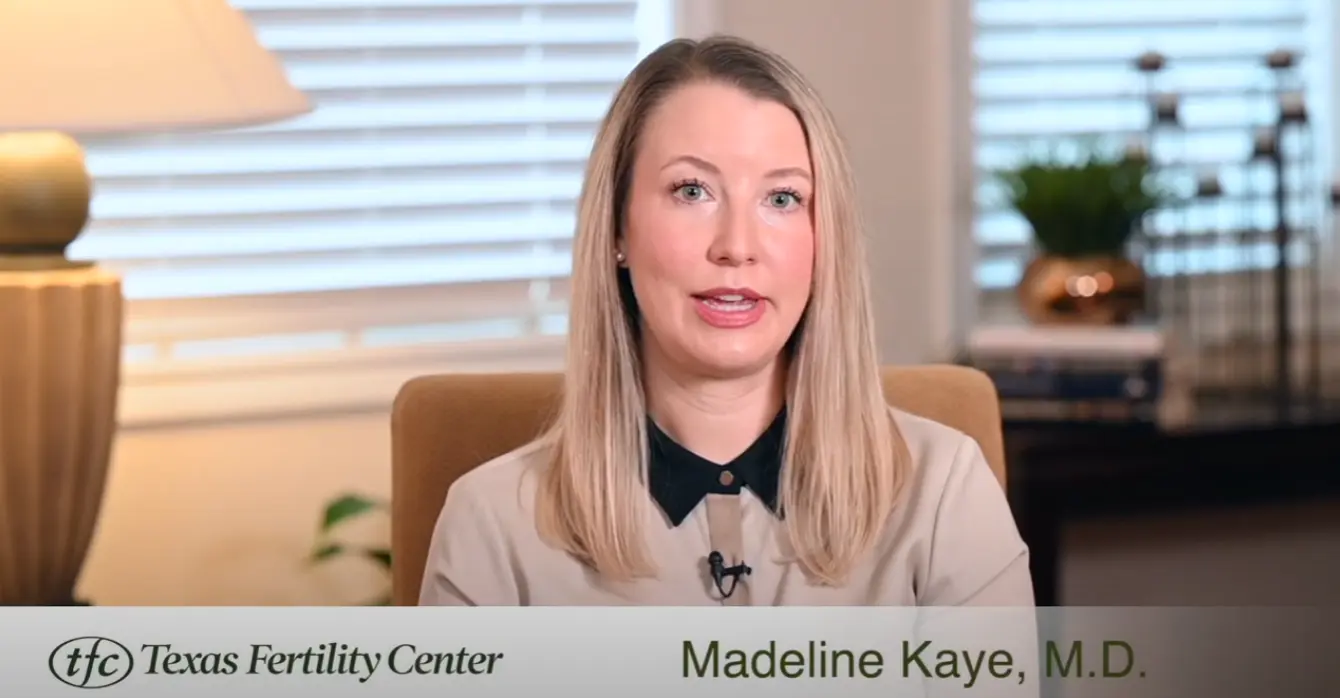
Learn about the tests that are often a part of the female fertility evaluation
For many people, the journey to welcome a baby often begins with fertility testing for women. Our Austin fertility doctors provide expert support when guiding patients through the female fertility evaluation. This evaluation involves different tests that help our team learn more about a woman’s fertility and health. Armed with this information, our doctors can develop a customized treatment plan for each patient.
A look at basic fertility testing for women
The team at our Austin fertility clinic can perform several tests to assess a woman’s fertility. Each woman is different, so our doctors will work with each patient to determine which tests should be a part of her female fertility evaluation. However, there are some basic tests that will almost always be a part of this evaluation.
To start, each patient will provide a medical history as well as information about her past pregnancy attempts and fertility treatments. One of our doctors will also perform a physical exam to assess the patient’s overall health.
Our team will typically order blood work to assess a woman’s ovarian reserve (egg supply). This testing consists of checking hormones like anti-Mullerian hormone (AMH), follicle-stimulating hormone (FSH), prolactin and thyroid-stimulating hormone (TSH).
Sometimes, a patient will need a more detailed analysis of her ovarian reserve. In this situation, our team may recommend the Ovarian Assessment Report from ReproSource. This test combines information about a woman’s age and hormone levels to produce an Egg Retrieval Score (ERS). This score can help predict the number of eggs that our doctors can retrieve as part of a patient’s IVF cycle.
Two other common parts of the female fertility evaluation include a transvaginal ultrasound and a hysterosalpingogram (HSG). The ultrasound allows our doctors to assess the health of a patient’s ovaries and determine whether her uterus has any abnormalities. As for the HSG, it can help detect specific uterine issues and determine whether the fallopian tubes are open.
Exploring other tests that can make up the female fertility evaluation
Depending on a patient’s unique needs, our Austin fertility doctors may also recommend one or more of the following fertility tests for women.
A sonohysterogram is like an HSG, as it is a nonsurgical method for detecting potential abnormalities in a woman’s uterus.
If a woman has had multiple miscarriages or failed IVF cycles, our team may recommend endometrial receptivity testing. This test from IGENOMIX consists of taking an endometrial biopsy and performing a protein analysis. The results can help our doctors determine when a woman’s uterine lining is ready for embryo implantation.
Some abnormalities, such as endometriosis, uterine defects and fallopian tube damage may require a surgical infertility evaluation. Common surgical evaluations include laparoscopy and hysteroscopy. These minimally invasive outpatient procedures allow our surgeons to use a small telescope to view the patient’s reproductive and pelvic organs.
After a patient has completed all the necessary evaluations, one of our Austin fertility doctors will carefully analyze the results to provide a diagnosis. From there, he or she will work with the patient to create the most effective treatment plan to accomplish the patient’s family-building goals.
Contact us for more information about a female fertility evaluation. We look forward to helping you take the first step on your path to motherhood.












